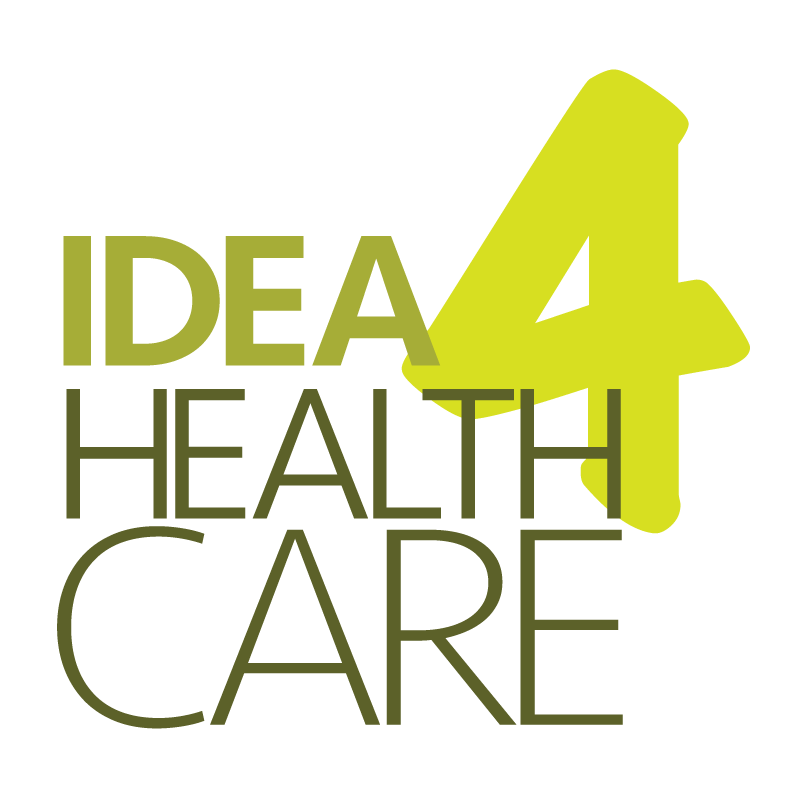Mindfulness is one of the widely discussed concepts when it comes to quality of life and work. Without intentionally being repetitive and avoiding to paraphrase what is already widely described in the literature, I intend with this post, to reflect on daily issues that could be mitigated with the concept of Mindfulness applied to the learning process of Healthcare professionals.
There are a number of eloquent descriptions for Mindfulness, but the one that is most meaningful relating to Mindfulness in the learning process is Ellen J. Langer’s description.* “A mindful approach to any activity has three characteristics: the continuous creation of new categories; openness to new information; and an implicit awareness of more than one perspective.”
Reflecting about work processes in Healthcare, independent if they are in a clinical setting or an industrial one, there are plenty of situations where regular procedures are executed in a repetitive and automatic way. This mechanism avoids the exploration of alternative approaches that could eventually bring more efficiency, better quality of service and/or more patient comfort.
The first step to implementing the concept of Mindfulness in the learning process of healthcare professionals would be identify some of the issues that could be tackled through with a new approach.
– Burnout staff – it is difficult to find someone who wouldn’t complain about having too many tasks in daily work routines. At all organizational levels, we are always taking on new responsibilities and deadlines are not always negotiable on our terms. In this case, a clear view of our daily, weekly and monthly goals helps us prioritize, classify activities by relevance and better distribute tasks. Additionally, all this awareness helps us find arguments for feasible deadline negotiations.
– Inefficiency of processes – lack of communication between departments is not rare in any organization, consequently, processes often are poor in quality and optimization. In a short-term perspective, it is easier to repeat processes already in place and avoid seeking a dialogue or proposing changes. Hesitation arises due to the high probability of resistance that the proposition could face. However, in the long-term perspective, a more efficient process faces fewer obstacles and generates a better experience to those who execute the services and to those who receive them. An open mind towards new information encourages us to listen to ideas and explore new possibilities for old processes.
– Regulation Rules and Compliance – Healthcare is a regulated profession and this imposes rules due to the nature of the work. However, maintaining an open mind will enable the acceptance of more than one perspective of work execution. This allows us to be alert to possibilities of action aligned with the scope defined by the rules and regulations that are in place. Volumes of services increase and decrease either seasonally or for other reasons that change demand. Remembering more than one execution mode prepares our mind to maximize current structure of work in response to variations in the demand for labor.
Dear Reader, if you have questions or comments about Mindfulness, please share with us.
* Excerpt from: Ellen J. Langer. “The Power of Mindful Learning” published as a Merloyd Lawrence by Da Capo Press (2016), ISBN 9780738219097(e-book) pg. 38
Special Thanks for Léa Saker, that revised this post and Jillie Retson for the picture that ilustrate the homepage.

I must say that the picture that accompanies this article is exquisite!